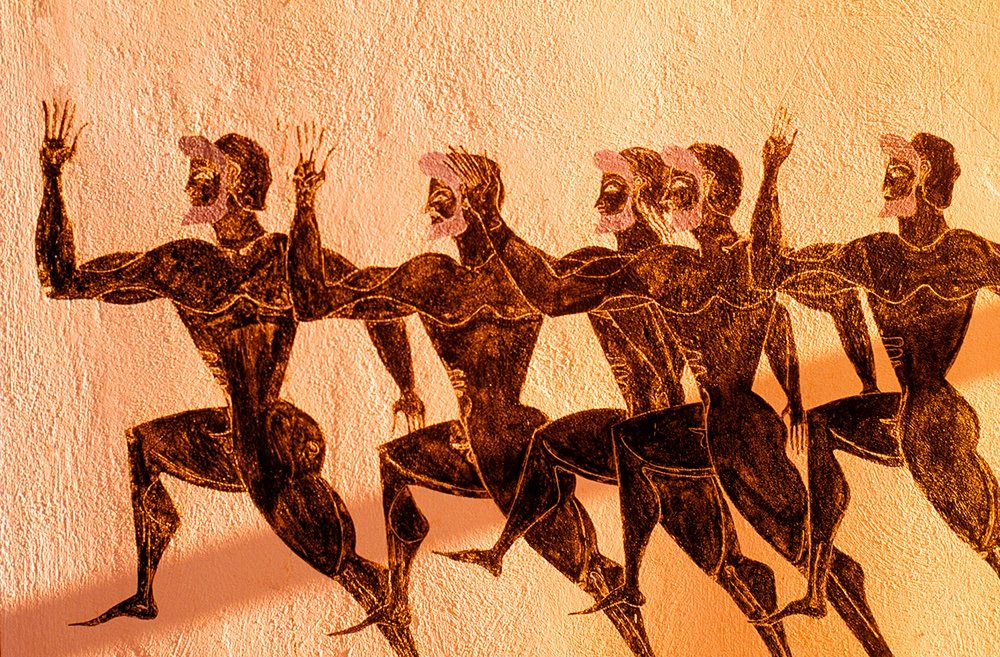The word “colony” meets with a sharp intake of breath these days, but “province” raises no eyebrows. How very odd.
The ancient Greeks invented the western notion of the colony. But “colony” is the term the Romans applied to it and is of Latin derivation, from colo, “I cultivate, inhabit” and so colonia. The ancient Greek term was apoikia, literally “a home apart, away”, or perhaps a “home from home.” Greeks established these apoikiai widely around the Mediterranean, mainly from the 8th to 6th centuries BC, clustering along the coasts of Turkey, northern Greece, all around the Black Sea, southern Italy, the eastern Adriatic, Sicily, parts of southern France and Spain, and Cyrene, as Plato said, “like frogs around a pond.”
But these Greeks did not set out with the aim of creating a massive Greek empire (contrast the Athenian Empire of the 5th century BC). To generalize, they are better thought of as overseas settlers, often driven by land hunger, starvation, commerce or simply the search for a better life. The aim was (ideally) to identify vacant territory where they could settle and begin life anew, preferably without disturbing local populations, mostly keeping friendly links back home, for mutual benefit. So an ancient Greek might well have seen our asylum seekers, refugees and economic migrants as colonists, and countries like Iran, Iraq, Albania and Syria as the main colonizers, and wondered what was so evil about colonization.
But that leaves the question of why the British applied the term “colonies” to the countries which made up what they openly called their empire. After all, they modeled it on the Roman empire, and Romans described the areas of the empire they controlled as provinciae, i.e. quite different from Greek coloniae. It becomes even odder when the British actually did apply the term “province” to subdivisions of their “colonies” in Canada and America!
But whatever the reason, we might at least agree that the study of the Romans be “deprovincialized” rather than, as current jiggery-wokery has it, “decolonized” — yes, Mrs. Wordsworth?
This article was originally published in The Spectator’s September 2022 World edition.

























